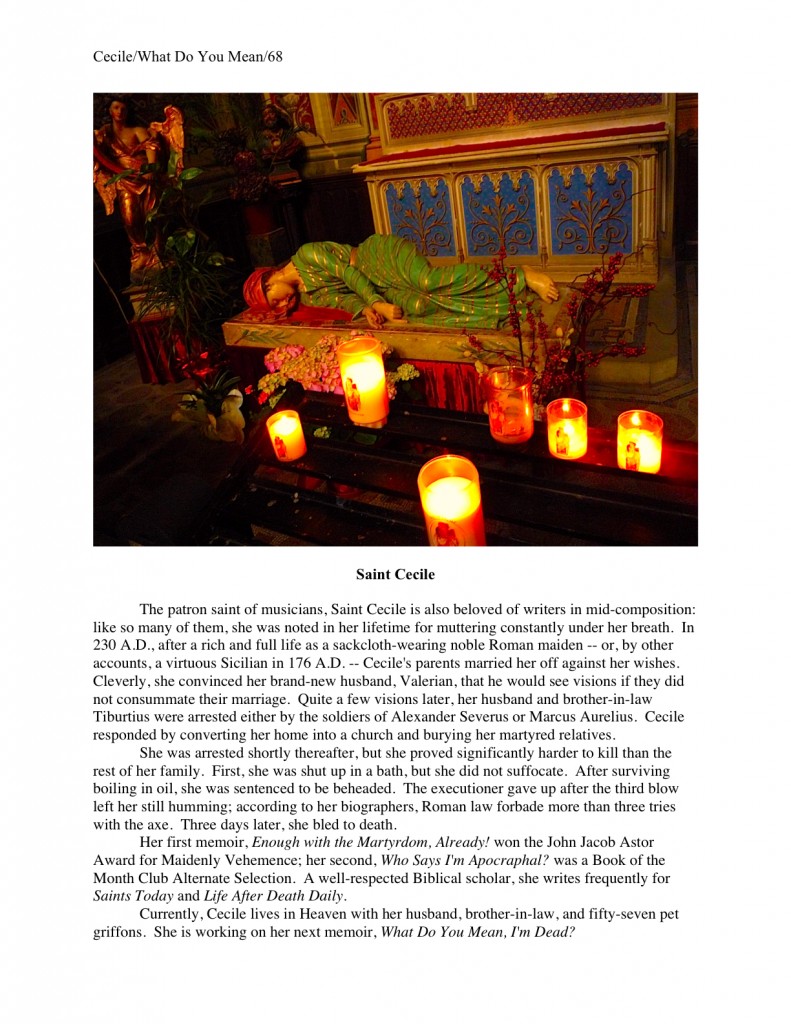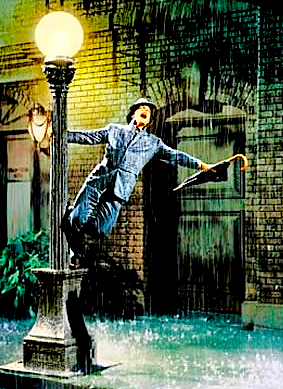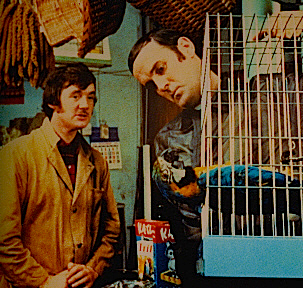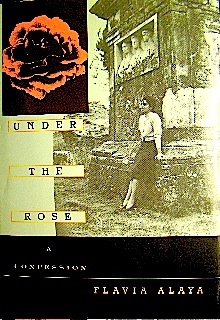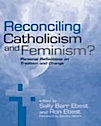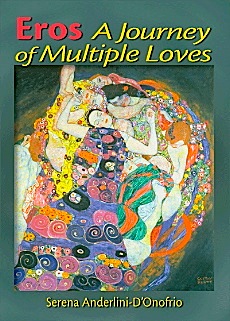
Sorry about the odd timing of my posts this week, campers — a nasty, lingering migraine leapt through my studio’s window and gobbled up a couple of days. I emerged only long enough yesterday to announce the Author! Author!/WHISPER Great First Page Made Even Better Contest, then crawl back into the dark cave under my blankets.
Just in case my brain-befogged state rendered the rules less than perfectly clear, what YA author Phoebe Kitanidis and I are inviting the Author! Author! community to do is submit the actual first page of your manuscripts, in precisely the format you would send to an agent who requested pages. Phoebe and I will critique the lucky winners’ first pages in a future blog post.
In other words: if you’d like to know what Millicent the agency screener would say about your first page before you send it to her, this contest would be a great opportunity.
Let’s get back to business. In my last post in this series, we discussed . Regardless of whether you chose to emphasize only one of the characters’ storylines or tell the story of the novel, not of each protagonist, I encouraged you to emphasize the most original parts of your story.
That’s not a bad rule of thumb for writing a query for any manuscript, by the way, regardless of your voice choices within it. Since agents tend to specialize in just a few book categories, Millicent sees a whole lot of queries promoting rather similar-sounding stories — or so they start to seem to her, after she’s read 20,000 of them. The more unexpected details you can work into that descriptive paragraph, then, the more likely your query is to cause her to exclaim, “Hey, I want to read this manuscript — it sounds fresh.”
I also suggested that attempting to summarize the entire plot of a 400-page manuscript in a scant paragraph is a Herculean task for even a single-protagonist novel; trying to pull it off for a seven-protagonist novel is akin to the labors of Sisyphus. For those of you not up on your Greek mythology, he’s the guy the gods condemned to roll a giant rock up a steep hill, only to have it keep rolling back down again, for all eternity.
Which I’m guessing sounds like a lighthearted romp in the park to those of you who have spent months trying to concoct an effective query letter or pitch for a multiple-protagonist novel.
Instead of continuing to push that boulder up the hill, why not borrow a page from Scheherazade’s book, and leave some of the story to Millicent’s imagination? After all, as we’ve discussed, all a successful query or pitch really has to do is show Millie an interesting protagonist(s) in an interesting situation(s), right?
Or, to put it in terms that would be easier to describe in a hurry, a good query or pitch introduces the player(s), their goal(s), and the barrier(s) to achieving them. Like every page of a strong manuscript, the descriptive paragraph should contain conflict.
You wouldn’t want Millicent to dismiss your query as offering her a book about a passive protagonist, would you?
As I’ve been typing those last few paragraphs, I could hear the trees outside my window buffeted by some pretty massive gusty collective sighs. I understand: many, if not most, of you multiple-perspective lovers feel — and with good reason — that how you have chosen to tell your characters’ stories is as integral to your book as the stories themselves. Necessarily, the reader’s experience of the story is going to be inextricably tied up with how it is written.
But that doesn’t mean that this information is going to be helpful to your query or pitch, in practical terms.
Remember, neither the descriptive paragraph in a query or a two-minute pitch is intended to be a substitute for reading the manuscript in question. Their sole purpose is to get Millicent or the agent to whom you are pitching to ask to read it.
So it honestly is not in your interest to give away too much of the story, or even to talk too much about all of the nifty narrative tricks you’ve worked into the text. Let all that come as a pleasant surprise. Instead, try regarding your descriptive paragraph or pitch as an opportunity to demonstrate how well you can tell a story — and a fresh one at that.
Part of it, anyway.
How does one decide which part? You’re the one who understands your storyline well enough to divide it up into multiple perspectives — you tell me.
The cedar tree in my yard is still bending with the force of those sighs, I notice. “Okay,” the sighers concede reluctantly, “I can sort of see why I might need to lighten my storyline a bit in order to query or pitch it, if we want to reduce the discussion to mere marketing terms. But I still don’t understand why simplifying my extraordinarily complex plot would help my query or pitch. From where I’m standing, its complexity is its main selling point. Wouldn’t narrowing the focus of my description just make it sound, well, simple?”
Well, there’s are a couple of practical reasons narrowing the focus usually helps — and then there’s a different kind of practical reason. Let’s take the most straightforward one first.
From a query-reader or pitch-hearer’s point of view, once more than a couple of characters have been introduced within the first couple of sentences, new names tend to blur together like extras in a movie, unless the description makes it absolutely clear how they are all tied together. Typically, therefore, Millicent will assume that the first mentioned by name is the protagonist.
So if you started to describe a multiple protagonist novel on pure plot — “Melissa is dealing with trying to run a one-room schoolhouse in Morocco, while Harold is coping with the perils of window-washing in Manhattan, and Yvonne is braving the Arctic tundra…” — even the most open-minded agent or editor is likely to zone out on everybody but Melissa. There’s just too much to remember.
And if remembering three names in the course of a two-minute pitch doesn’t strike you as a heavy intellectual burden, please see my earlier post on pitch fatigue. Even the most hardened Millicent is likely to start to experience plot blurring after a few hours of screening.
It’s easy to forget that yours is almost certainly not the only query or pitch that agent has seen or heard within the last 24 hours, isn’t it, even if you’re not trying to explain a book that has several protagonists? Often, pitchers of multiple-protagonist novels will make an even more serious mistake than overloading their elevator speeches with names — they will frequently begin by saying, “Okay, so there are 18 protagonists…”
Whoa there, Sparky. Did anyone ask about your perspective choices? So why present them as the most important single fact about your novel?
I mean, you could conceivably pitch Barbara Kingsolver’s multiple-narrator THE POISONWOOD BIBLE as:
A missionary takes his five daughters and one wife to the middle of Africa. Once they manage to carve out a make-do existence in a culture that none of them really understand, what little security the daughters know is ripped from them, first by their father’s decreasing connection with reality, then by revolution.
That isn’t a bad summary of the plot, but it doesn’t really give much of a feel for the book, does it? The story is told from the perspectives of the various daughters, mostly, who really could not agree on less and who have very different means of expressing themselves.
And that, really, is the charm of the book. But if you’ll take a gander at Ms. Kingsolver’s website, you’ll see that even she (or, more likely, her publicist) doesn’t mention the number of narrators until she’s already set up the premise.
Any guesses why?
Okay, let me ask the question in a manner more relevant to the task at hand: would it be a better idea to walk into a pitch meeting and tell the story in precisely the order it is laid out in the book, spending perhaps a minute on one narrator, then moving on to the next, and so on?
In a word, no. Because — you guessed it — it’s too likely to confuse the hearer.
Hey, do you think that same logic might apply to any complicated-plotted book? Care to estimate the probability that a pitch-fatigued listener or bleary-eyed Millicent will lose track of a grimly literal chronological account of the plot midway through the second sentence?
If you just went pale, would-be pitchers and queriers, your answer was probably correct. Let’s get back to Barbara Kingsolver.
Even though the second descriptive paragraph above for THE POISONWOOD BIBLE does not do it justice, if I were pitching or querying the book (and thank goodness I’m not; it would be difficult), I would probably use it above, with a slight addition at the end:
A missionary takes his five daughters and one wife to the middle of Africa. Once they manage to carve out a make-do existence in a culture that none of them really understand, what little security the daughters know is ripped from them, first by their father’s decreasing connection with reality, then by revolution. The reader sees the story from the very different points of view of the five daughters, one of whom has a mental condition that lifts her perceptions into a completely different realm.
Not ideal, perhaps, but it gets the point across.
But most pitchers of multiple POV novels are not nearly so restrained, alas. They charge into pitch meetings and tell the story as written in the book, concentrating on each perspective in turn as the agent or editor stares back at them dully, like a bird hypnotized by a snake.
And ten minutes later, when the meeting is over, the writers have only gotten to the end of Chapter 5. Out of 27.
I can’t even begin to estimate how often I experienced this phenomenon in my pitching classes, when I was running the late lamented Pitch Practicing Palace at the Conference-That-Shall-Remain-Nameless, and even when I just happen to be passing by the pitch appointment waiting area at your average conference. All too often, first-time pitchers have never talked about their books out loud before — a BAD idea, by the way — and think that the proper response to the innocent question, “So, what’s your book about?” is to reel off the entire plot.
And I do mean entire. By the end of it, an attentive listener would know not only precisely what happened to the protagonist and the antagonist, but the neighbors, the city council, and the chickens at the local petting zoo until the day that all of them died.
Poor strategy, that. If you go on too long, even the most patient agent may well draw some unflattering conclusions about the pacing of your storytelling preferences, if you catch my drift.
This outcome is at least 27 times more likely if the book being pitched happens to be a memoir or autobiographical novel, incidentally. Bad idea. Because most memoir submissions are episodic, rather than featuring a strong, unitary story arc, a rambling pitching style is likely to send off all kinds of warning flares in a pitch-hearer’s mind. And trust me, “Well, it’s based on something that actually happened to me…” no longer seems like a fresh concept the 783rd time an agent or editor hears it.
So how well do you think it’s going to work if you open the descriptive paragraph of your query that way?
Word to the wise: keep your description snappy, emphasize the storyline, and convince the hearer that your book is well worth reading before you even consider explaining why you decided to write it in the first place.
Yes, in answer to that indignant gasp, both memoirists and writers of autobiographical fiction work that last bit into their pitches and queries all the time. Do not emulate their example; it may be unpleasant to face, but few in the publishing industry are likely to care about why you wrote a book until after they’ve already decided that it’s marketable. (Sorry to be the one to break that to you, but publishing is a business, after all.)
Which brings me to the second reason that it’s better to tell the story of the book, rather than the story of each of the major characters: perspective choices are a writing issue, not a storyline issue per se. And while you will want to talk about some non-story issues in your pitch — the target audience, the selling points, etc. — most of the meat of the pitch is about the story (or, in the case of nonfiction, the argument) itself. And in the descriptive paragraph of the query letter, it’s the only meat.
In other words, the agent or editor will learn HOW you tell the story from reading your manuscript; during the querying/pitching phase, all they need to hear is the story.
Or to put it in more practical terms: hands up, pitchers of multiple-protagonist novels who have seen an agent or editor’s eyes glaze over just after hearing the words, “Well, I have these three protagonists…”
It’s an understandable thing to say, of course, because from the writer’s perspective, the structural choices are monumentally important. But from the marketing perspective, they’re substantially less so.
Don’t believe me? Okay, when’s the last time you walked into a bookstore, buttonholed a clerk, and asked, “Where can I find a good book told from many points of view? I don’t care what it’s about; I just woke up this morning yearning for multiplicity of perspective.”
I thought not. Although if you want to generate a fairly spectacular reaction in a bored clerk on a slow day, you could hardly ask a better question, come to think of it.
There’s another very good reason not to overload your query or pitch with too much in-depth discussion of how the story is told, rather than what the story is. Writers very, very frequently forget this, but the author is not the only one who is going to have to pitch any given book before it get published.
Let’s face it: the main reason writers query or pitch a manuscript is to render pitching it someone else’s responsibility, isn’t it?
Think about it. A writer has chosen the multiple point of view narrative style because it fits the story she is telling, presumably, not the other way around, right? That’s the writer’s job, figuring out the most effective means of telling the tale. That doesn’t change the fact that in order for an agent to sell the book to an editor, or the editor to take the book to committee, he’s going to have to be able to summarize the story.
That’s right — precisely the task all of you would-be pitchers out there have been resenting throughout this entire post. And inveterate queriers have been resenting for years.
What does this mean in practical terms? If the story comes across as too complex to be able to boil down into terms that the agent or editor will be able to use to convince others that this book is great, your query or pitch may raise some red flags for Millicent. So it really does behoove you not to include every twist and turn of the storyline — or every point of view.
Does the fact that a branch just flew off my cedar tree indicate that my arguments have not quelled all of the righteous indignation, out there? “But Anne,” I hear some of you upright souls cry, “all I want to do is to present my manuscript honestly in my query or pitch. If I ignore 90% of the story, isn’t that misleading?”
Not really, considering that you’re presenting your book in a context that absolutely precludes telling the entire story — and everyone involved understands those limitations. Trust me, once Millicent and her boss fall in love with your manuscript, neither is ever going to say to you, “Hey, the descriptive paragraph in your query letter led me to expect a simpler, less delightfully complex narrative! Begone with you, lying scum!”
Brevity is simply the nature of the beast. If you accept that the point of the query or pitch is not to distill the essence of the book, but to convince someone in a position to help you get it published to ask to read it, all you’re doing is delaying Millicent’s delighted discovery of just how complex your narrative is.
Preserve some of the mystery the first time out. A query or pitch is not a synopsis, after all.
Before your gasps do my cedar any more damage, let me add hastily: next time (probably this weekend, headaches permitting), I shall be giving you some tips on how to construct a synopsis for a multiple-protagonist novel. So regularize your breathing, everyone, and keep up the good work!
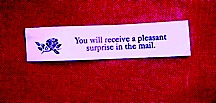


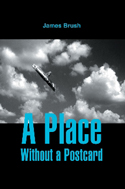
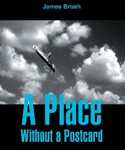 Paul Reynolds, a photographer who creates fake photos for tabloid magazines, wakes up with no idea where he is or how he got there. He can’t even recall his name. A strange man lurks nearby, breathing heavily and slowly flipping through a book. Paul hears the man’s breath, but he cannot see him. He realizes with mounting panic that his eyes no longer function.
Paul Reynolds, a photographer who creates fake photos for tabloid magazines, wakes up with no idea where he is or how he got there. He can’t even recall his name. A strange man lurks nearby, breathing heavily and slowly flipping through a book. Paul hears the man’s breath, but he cannot see him. He realizes with mounting panic that his eyes no longer function.
















